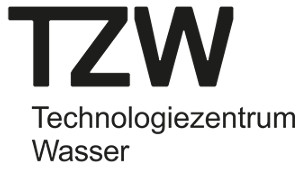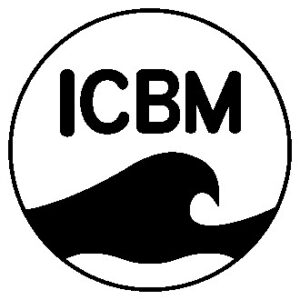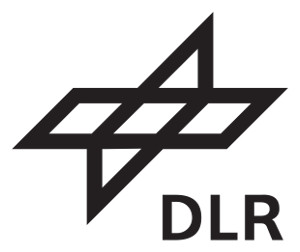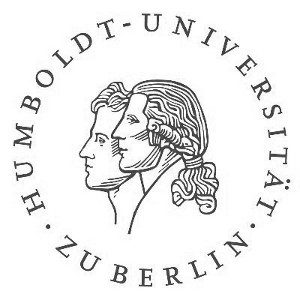THE PROJECT PARTNERS
Project partners
Friedrich-Alexander University Erlangen-Nuremberg (FAU)
The project partner FAU contributes profound experience with the design and construction of a number of anoxic reactors for biological methanation. Various system concepts such as stirred fermenters and trickle bed reactors have been previously implemented.
The plant sizes range from approx. 5 liters to up to 50 liters, the pressure range from atmospheric to 16 bar. All of these systems are entirely built at the chair for energy process engineering including the automation.
University of Duisburg-Essen (UDE)
The project partner UDE has a lot of experience in the sequence-based analysis of microorganisms from aquatic ecosystems, with the repertoire ranging from 16S rRNA gene-based analyzes to ‘omics‘ (e.g. genome-resolved metagenomics).
Complex metagenomes with several hundred different archaea and bacteria can be resolved very well at the species level and their metabolism can be predicted. In addition, the project partner also has relevant experience in the coupling of environmental parameters with genome data using multivariate statistics and the cultivation of anaerobic microorganisms.
TZW: DVGW Water Technology Center (TZW)
The project partner TZW is characterized by extensive expertise in the analysis (physico-chemical and microbiological) of groundwater and drinking water Established monitoring methods include physical-chemical parameters (e.g. turbidity) and microbiological data (flow cytometry, enzymatics, sensitive kinetics system).
As a partner institute for water suppliers, authorities and industry, the focus is not only on scientific findings but also on practical solutions.
University Oldenburg, Institute for Chemistry and Biology of the Marine Environment (ICBM)
The project partner ICBM contributes many years of experience in the cultivation and physiological characterization of marine microorganisms.
In the current research projects of the working group, the ecological role and biogeochemical relevance of planktonic archaea as well as benthic bacteria are examined. In order to determine the metabolic activities in environmental systems, various physiological, biochemical and molecular biological methods are combined. Furthermore, specific enrichments and model organisms, which are difficult to cultivate, are investigated.
As an interdisciplinary institute at the University of Oldenburg performing research in all areas related to marine science, the ICBM is equipped with modern analysis tools and offers a unique infrastructure for exploratory studies of the oceans. For example, the ICBM operates the coastal observatory Spiekeroog and is home institute of the research vessel Sonne.
German Aerospace Center (DLR)
The project partner DLR has many years of experience in the implementation and coordination of international projects.
In the area of cultivating microorganisms, DLR has expertise in:
- cultivation and characterization of extremophilic bacteria, archaea and filamentous fungi
- production and use of reference and indicator organisms for decontamination experiments
- and isolation of polyextremophilic bacteria from rare environmental samples such as those from the Atacama Desert, Black smoker, or the Antarctic
For the simulation of extreme and extraterrestrial environments and habitats, DLR has access to various space simulation systems. These systems allow individual space parameters such as vacuum (> 10-5 Pa), atmospheres (composition from oxic to anoxic), temperature (-20 to +80 ° C), reduced gravity (microgravity) and solar radiation from vacuum UV ( 160 nm wavelength) up to infrared radiation (~ 1000 nm wavelength). Different combinations of these parameters can mimic the conditions to which the microorganisms are exposed in space, on other planets and in extreme terrestrial habitats.
The use of these facilities allows the examination of rare and valuable environmental samples in terms of the life, survival and activity of (possible) extremophilic microorganisms, and to isolate and characterize new species and communities.
Humboldt-Universität of Berlin (HUB)
The Humboldt University of Berlin (HUB) is represented in the project by the Biosystems Technology Department. Its area of activity in teaching and research lies at the interface between engineering and biological processes. The team can refer to extensive experience in the development and manufacturing of individual test systems for life science research.
In addition to the development of novel methods for recording gaseous metabolic products from biological processes, laboratory reactor systems are created for projects in the field of biogas and biological hydrogen generation. The focus is on the modularization and parallelization of the systems.
The concept planned in the project for the targeted manipulation of partial samples without the crucial step of transferring them to other reaction vessels is based directly on this preliminary work.






